(ECNS) -- China has blazed a trail in human rights development, which keeps up with the times and suits the nation’s conditions, and has taken it to the next level while practicing socialism with Chinese characteristics over a period of 70 years since the founding of the People's Republic of China, and especially under the firm leadership of the CPC Central Committee with Comrade Xi Jinping at its core since the 18th National Congress of the CPC.
Within a few decades, China has lifted more than 800 million people out of poverty and solved the issue of absolute poverty, which is of historical significance, and built a moderately prosperous society in all respects. All basic rights of the Chinese people are better respected and protected. China has created a new miracle in the history of human rights protection.
China's achievements in human rights can be better understood through the Human Development Index (HDI), a tool created by the United Nations Development Programme (UNDP) to measure the countries and regions' level of social and economic development. The index combines economic and social factors and focuses more on human development than just economic status, with the three basic indexes being life expectancy, access to knowledge and standard of living. The cut-off points are HDI of 0.8 or greater for very high human development, 0.7 to 0.799 for high human development, 0.55 to 0.699 for medium human development and below 0.55 for low human development. The index was first published in 1990 when China was in the low HDI group. In 1995, China ranked among the medium HDI group, and in 2015, China ranked among the high HDI group. China's HDI has risen steadily over the years, from 0.501 in 1990 to 0.761 in 2020. Moreover, China is the only country to have moved from the low HDI group to the high HDI group since the index was published in 1990.
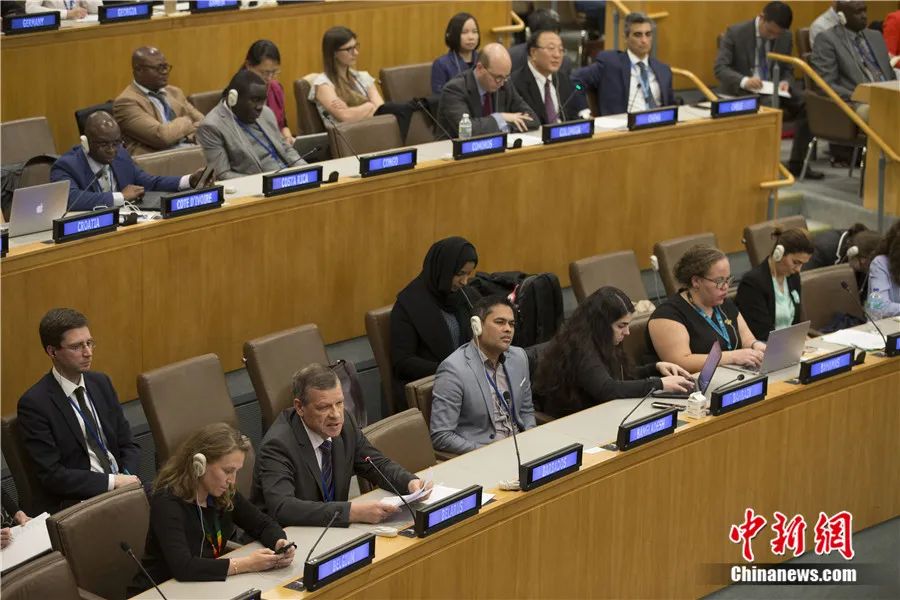
China's historic achievement in human rights development embodies the scientificity and rationality of China's path to human rights development. On February 25, 2022, the Political Bureau of the CPC Central Committee held its 37th collective study session on China's path to human rights development, and Xi Jinping, General Secretary of the CPC Central Committee, delivered an important speech while presiding over the study session.
This study session and General Secretary Xi Jinping's speech are of great significance. I personally think that there are "two firsts": it's the first collective study session on human rights by the Political Bureau of the CPC Central Committee; and it's the first time that the General Secretary of the CPC has delivered a systematic and comprehensive speech on the human rights. These two "firsts" show the significance of this Political Bureau study session and the General Secretary's important speech. With these two "firsts", I think that this important speech by General Secretary Xi Jinping is a guiding document on human rights in the century-long history of the CPC, which can be described as a human rights declaration of the CPC in the new era, and indicates a new stage in China's human rights development.
General Secretary Xi Jinping pointed out in his speech that in a bid to advance China's human rights development, we have combined the Marxist concept of human rights with China’s specific situations and the excellent Chinese traditional culture, summarized the successful experience of respecting and protecting human rights, learned from the outstanding achievements of human civilization, and opened up a path of human rights development that keeps up with the times and suits the nation's conditions. Concerning China's path of human rights development, General Secretary Xi Jinping noted its six main features: First, upholding the leadership of the CPC; Second, respecting the principal position of the people; Third, insisting upon reality-based approach; Fourth, regarding the rights to subsistence and development as the primary and basic human rights; Fifth, protecting human rights in accordance with the law; Sixth, actively participating in the global governance of human rights.
Here, I would like to analyze the inner logic of China's path to human rights development from a technical perspective on the basis of its successful practice, so that the scientificity and rationality of China's path to human rights development can be further appreciated.
First, in terms of the institutional system, integrating the leadership of the CPC, the socialist system, and respect for and protection of human rights. The Constitution of China stipulates that the leadership of the CPC is the most essential feature of socialism with Chinese characteristics. The socialist system is the fundamental system of the People's Republic of China. The Constitution of China also stipulates that the State respects and protects human rights. Without the leadership of the CPC, there would be no socialist system; without the socialist system, it would be impossible to protect the human rights of all people. Respect for and protection of human rights is a prerequisite for the development and progress of Chinese society and is conducive to upholding the leadership of the CPC and developing the socialist system. China's path to human rights development has achieved a natural integration of the ruling party, the State system, and respect for and protection of human rights, and opened up a new way to continuously promote the development of human rights under the leadership of the CPC and in the socialist system. This is a new model of human rights and adequately demonstrates that socialist China under the leadership of the CPC has the capability to achieve respect for and protection of human rights with distinctive features, so that all the people can better enjoy the full spectrum of human rights.
Second, in terms of the subject of human rights, respecting the principal position of the people. The affinity to the people is the most significant feature of China's path to human rights development, and also the most distinctive spiritual core. It is the original mission of the CPC to work for the well-being of the people, the starting point and destination of all the CPC's work to put the people at the center, and the working principle of the CPC to protect the fundamental interests of all of the people. Respecting the principal position of the people means putting the people, life and interests of the people first and making the people's aspiration for a better life the goal of endeavors. Respecting the principal position of the people means ensuring that the people are the masters of their own affairs, promoting the whole-process people's democracy, enabling the people to effectively exercise their rights to information, participation, expression, and supervision, and protecting their basic rights in accordance with the law. Respecting the principal position of the people means achieving development for the people, relying on the people for development, and sharing the fruits of development with the people, using the satisfaction of the people as the criterion for judging human rights development, and constantly enhancing the people's sense of contentment, happiness, and security.
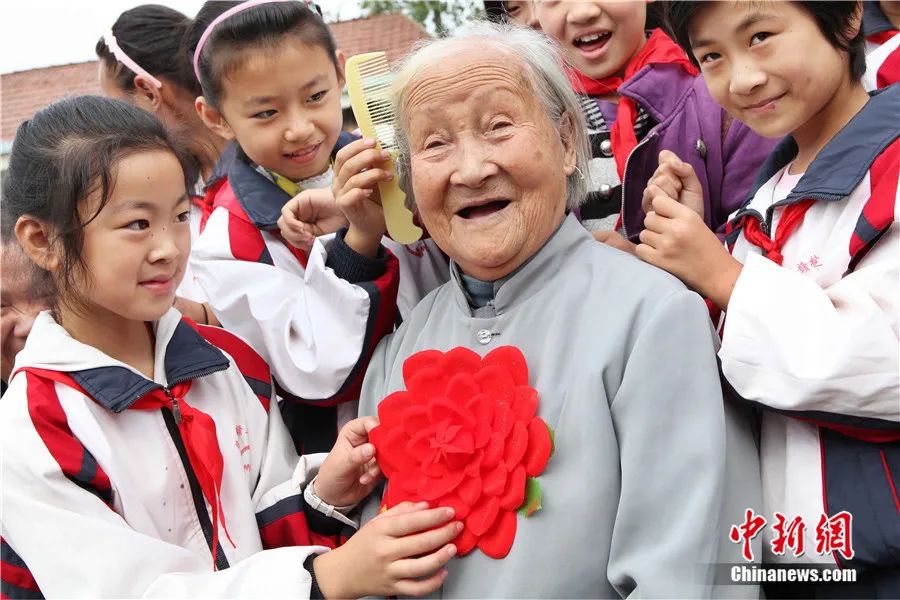
Third, in terms of the ideological sources, combining the Marxist concept of human rights with China's specific realities and with the excellent Chinese traditional culture, and adhering to combining the universal principle of human rights with China's realities. This can be analyzed from three angles: First, it inherits and develops the basic Marxist views on human rights. For example, the view that the people are first and that they are the creators of history; that the production of materials comes first, and that the subsistence of human beings begins with solving problems such as food and clothing. Human rights development has to be seen through social and historical lenses. The emergence, realization, and development of human rights are necessarily premised on and based on certain socio-economic conditions. Second, it inherits the excellent traditional Chinese culture. Chinese civilization is an inexhaustible source of inspirations for China's human rights development. The ideas of respecting, caring for and protecting people, such as kindness, love and friendliness, people-oriented doctrine, harmonious culture, harmony between man and nature, a moderately prosperous society, harmony in society and pantisocracy, which are embedded in China's thousands of years of history and culture, all have distinctive Chinese characteristics, Chinese style and Chinese manner, and have profoundly influenced the concept and value orientation of human rights in contemporary China. Third, it draws on the outstanding achievements of human civilization. The universal principle of human rights is the common spiritual wealth of human society and meets the demands of all of the countries and people that aspire for peace, development, fairness, justice, democracy and freedom. It is on this basis that over the years China has acceded to 26 international human rights instruments, including six of the core UN human rights conventions. The above-mentioned three sources of contemporary Chinese thinking on human rights, suffice to say, illustrate the inclusiveness and openness of human rights development in contemporary China.
Fourth, in terms of the perception of human rights, upholding the principle that human rights are historical, specific and reality-based. China insists that human rights do not fall from the sky, but are the product of certain historical conditions. The fact that human rights are historical, specific, and reality-based is consistent with the Marxist view of human rights and with the laws of the development of human societies. Human rights are an illustration of history. Human rights are the product of certain social and historical conditions and are constantly evolving. The realization of human rights must be underpinned by and premised on development. Human rights are something specific. Human rights are not an abstract concept, but visible and tangible existence related to the actual needs of each individual. Human rights are reality-based, and the human rights development must be based on the current situation and solve real problems. Premised on the fact that human rights are historical, specific, and reality-based, China persists in developing and protecting human rights in the light of national conditions and realities, rather than copying the models of other countries or measuring human rights in China by the standards of other countries, or talking about human rights in isolation from China's socio-political conditions and historical and cultural traditions. China opposes using human rights as an excuse to interfere the internal affairs of other countries.
Fifth, in terms of the approach to the realization of human rights, protecting and promoting human rights in the process of development. The protection and promotion of human rights in the context of development is what China has explored as a successful path for human rights. Unlike the "human rights-based approach to development" advocated by the international community, China has proposed the "development-based approach to human rights". Based on the interaction between human rights and development, this approach emphasizes the unique value of development in protecting and promoting human rights, breaking through and transcending the polarized Western thinking on human rights and development. Development is the eternal theme of human society, the key to solving all of China's problems, and the focus of advancing China's human rights development. After the establishment of various systems such as the political, social, economic and cultural systems for the protection of human rights, it has become crucial to promote the better development of human rights. China insists that human rights are a historical process of continuous development, a process of development from inadequate, to relatively adequate, to more adequate, to fully adequate. With the development of modernization and economy and society, human rights protection in China is constantly being raised to a higher level. China's "development-based human rights approach" has roughly experienced four stages of development: First, the right to subsistence and development is the primary basic human rights. Second, people's living a happy life is the most important human rights. Third, the promotion of the all-round development of all human rights is a common human rights. Fourth, human rights are aimed at promoting the free and all-round development of human beings.
Amartya Sen, author of Development as Freedom, said that "the complementarities between economic development and social progress are well illustrated in China’s recent history." "These complementarities include culture and economy, political participation and economic progress, and the interaction between technological progress and its social application." He stressed that "development is a process of interdependence, and economic success cannot be separated from social, political and cultural achievements. Each country and society has to deal with its own problems. The world will be focusing with great interest on how the all-round development process is conducted in China." Practice has proven that the protection and promotion of human rights through development is a magic weapon for the continuous development of China's human rights.
Sixth, in terms of the relationship between rights, upholding the unity of collective human rights and individual human rights. Since the reform and opening up, historic achievements have been made in the development of socialist human rights with Chinese characteristics, and one of the important characteristics is the insistence on the unity of collective and individual human rights, which is also a major creation of socialist human rights with Chinese characteristics. This unity motivates both the collective and the individuals, maximizes collective and individual interests under certain social and historical conditions, and achieves the development of a person as part of a system and a person as an individual. China insists that collective human rights are the guarantee of individual human rights. Without society, an individual would lose the basis and foundation of existence. Without collective human rights, individual human rights would lose the absolute prerequisite and guarantee. History and reality have proved that in a unified multi-ethnic country like China, the fate of the individual is closely linked to that of the nation and the country. Without the solid support of the state and the nation, the individual would only be like a reed drifting in the storm. China also believes that individual human rights are the foundation of collective human rights. After the reform and opening up, especially with the establishment of the socialist market economy, China has reversed its practice of emphasizing the collective over the individual. China is fully aware that individual development is impossible without collective development, better collective development is also impossible if individual development is not valued. This corresponds to the Marxist view of the free and all-round development of individuals, that is, "the free development of each individual is the condition for the free development of all."
From the above analysis, we can see that China's path to human rights development is a path that keeps up with the times and suits the nation's conditions, a path that follows the Marxist view of human rights and draws on the outstanding achievements of human civilization, and a path that has a rigorous scientific spirit and conforms to the laws of the development of human society. This path coalesces China's human rights wisdom, builds a Chinese human rights initiative, and creates a new model of human rights.
At present, under the firm leadership of the CPC Central Committee with Comrade Xi Jinping at the core, the Chinese people are striving to achieve the Second Centenary Goal and realize the Chinese dream of the great rejuvenation of the Chinese nation. By the 100th anniversary of the founding of the People's Republic of China, China will become a great modern socialist country that is prosperous, strong, democratic, culturally advanced, harmonious and beautiful. By that time, the Chinese people will enjoy better protected human rights and greater dignity, freedom and happiness. As a commitment to the world, China will make greater contribution to the development of global human rights.
The Author is Lu Guangjin, secretary-general of the China Society for Human Rights Studies and professor at the School of Law of Jilin University.
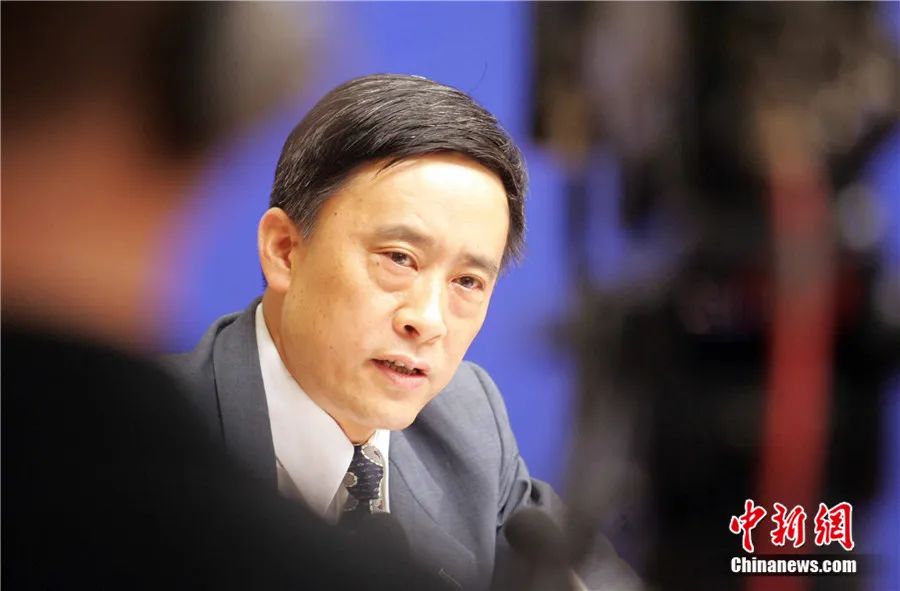









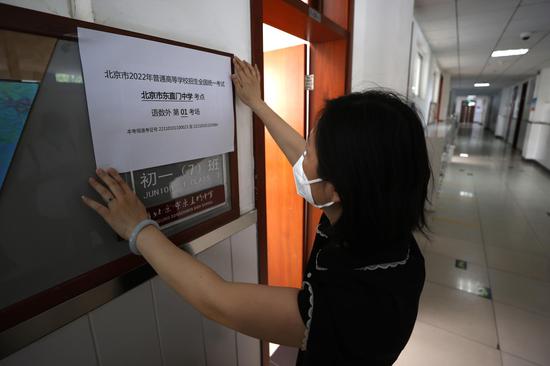
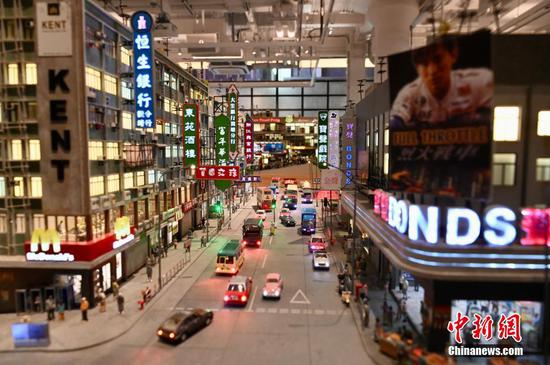

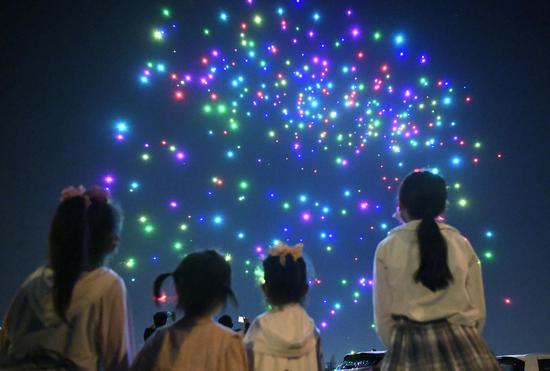
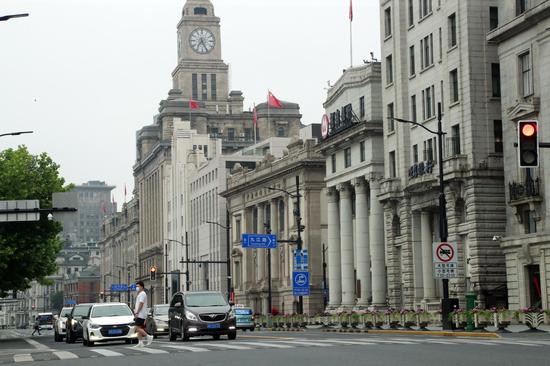
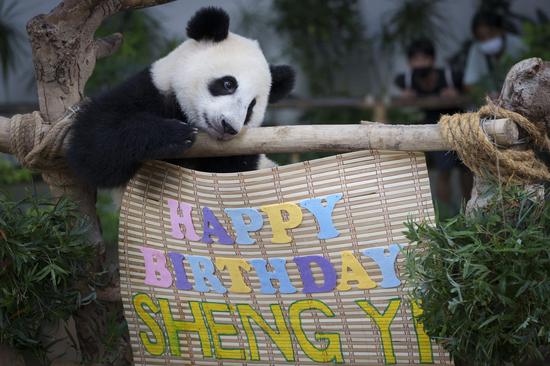
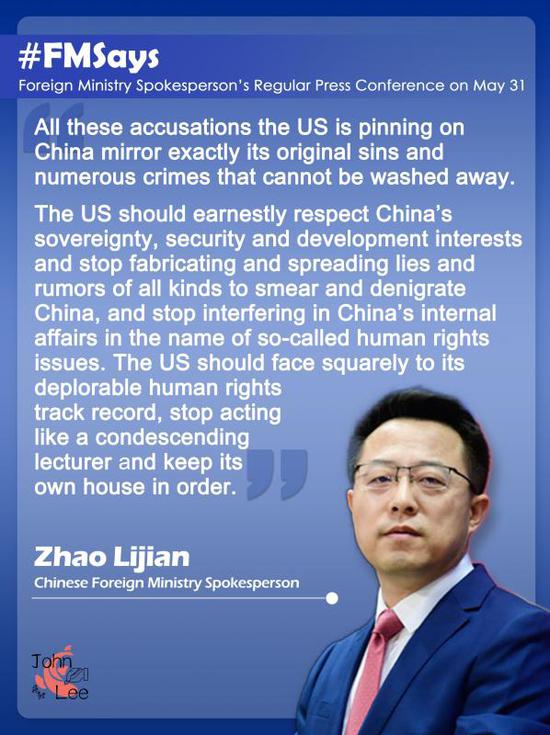





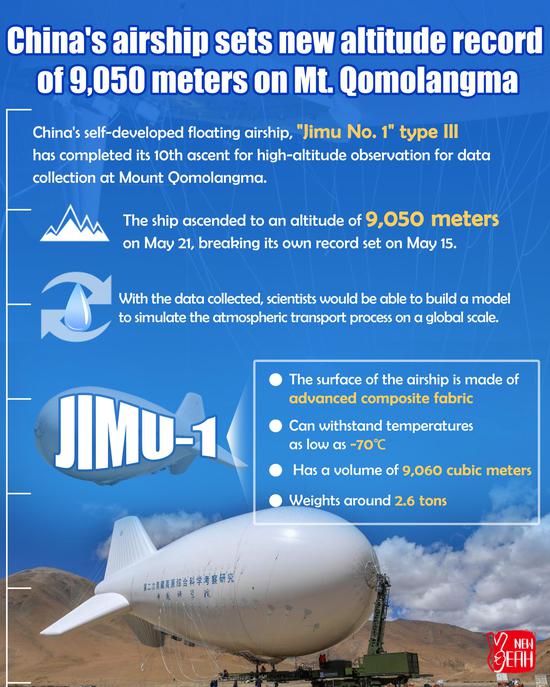

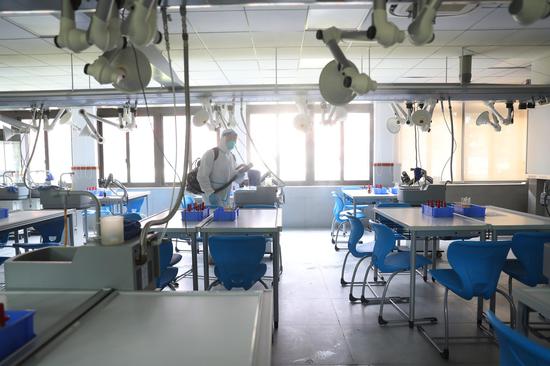
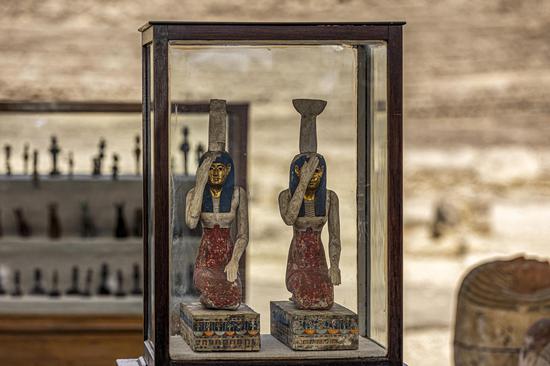


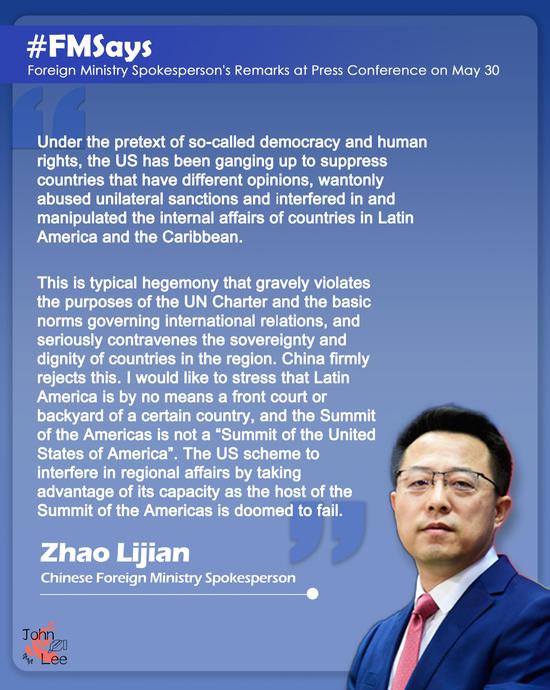
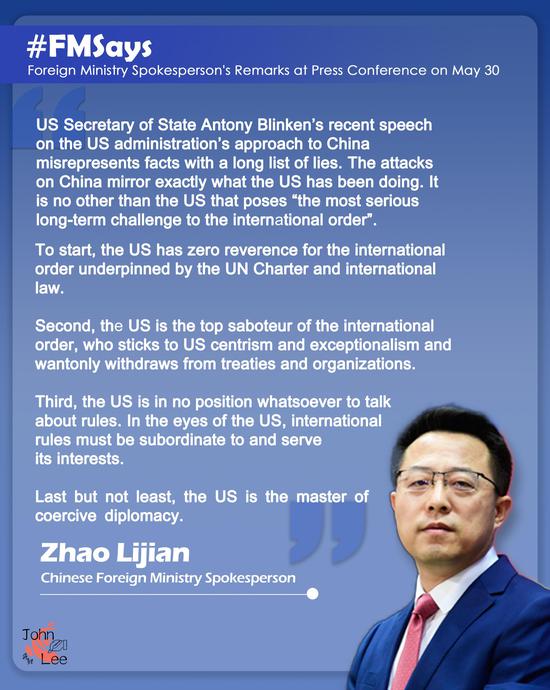
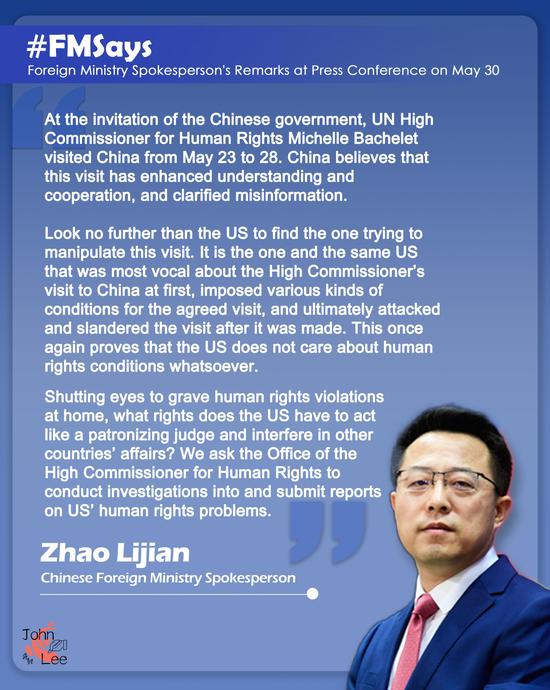








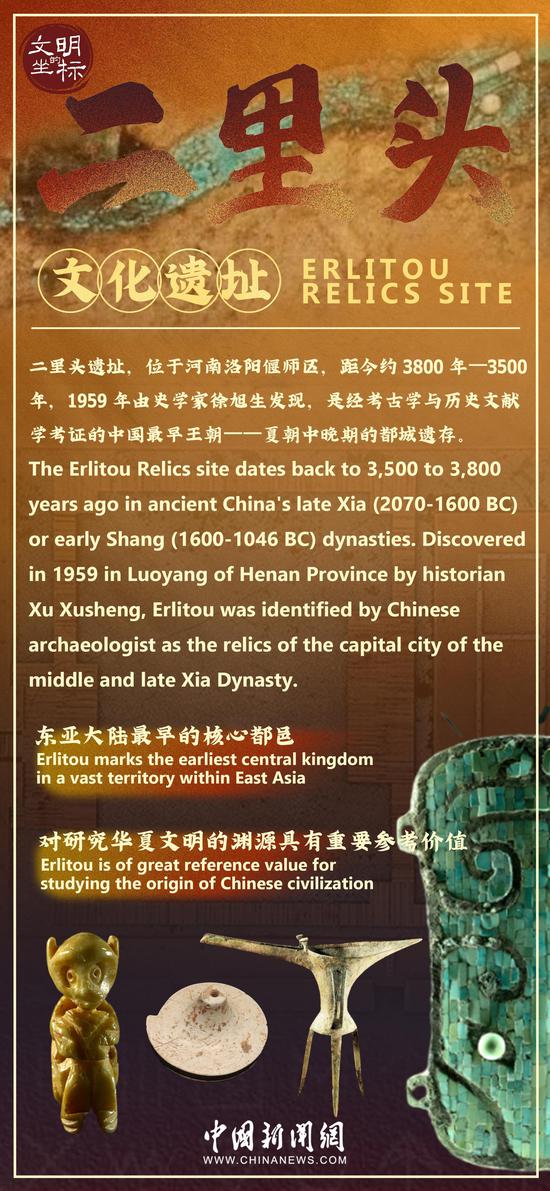

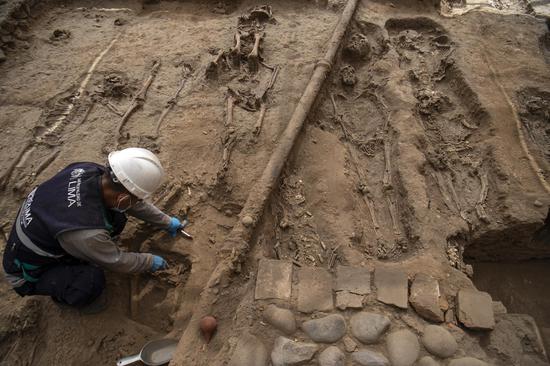
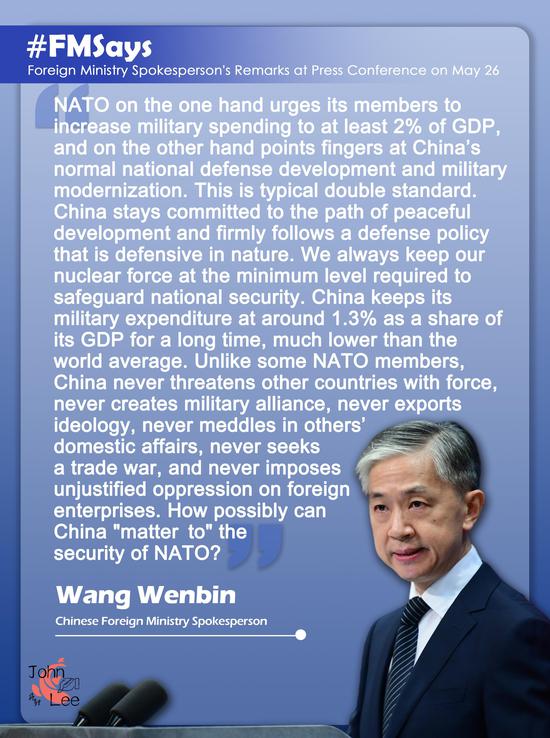
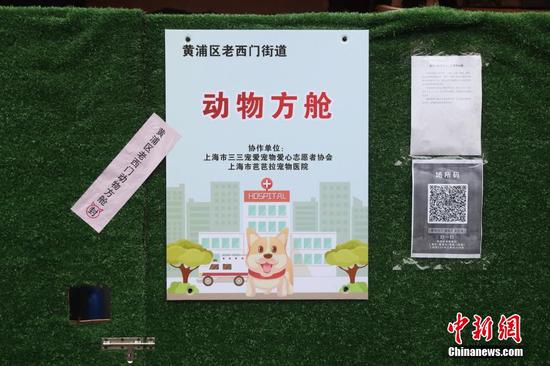







 京公网安备 11010202009201号
京公网安备 11010202009201号